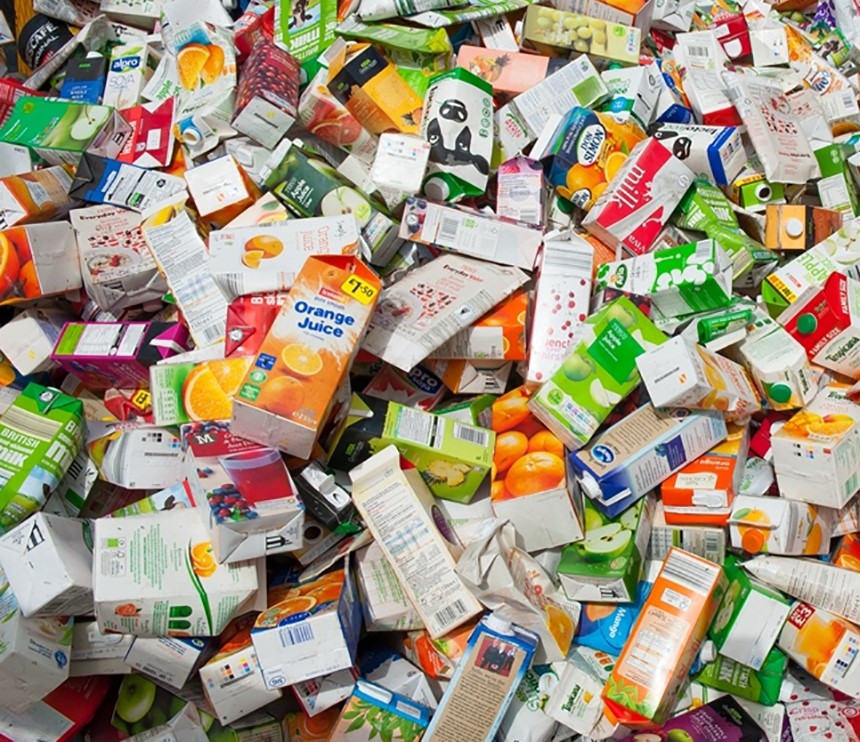您想继续阅读英文文章还
是切换到中文?
是切换到中文?

THINK ALUMINIUM THINK AL CIRCLE

To boost their sustainability and assist achieve global climate targets, beverage carton manufacturers have agreed to develop cartons from 100% renewable and recycled material and reduce their plastic usage by 2030.

The commitments are part of the Alliance for Beverage Cartons and the Environment's 2030 plan. By the end of the decade, the strategy aims to achieve a 70% recycling rate and a 90% collection rate, as well as improve product design to promote circularity and decarbonize the value chain, all under the objective of limiting global warming to 1.5°C.
“We strongly believe that packaging can and should actually contribute to mitigating the two biggest challenges nowadays in our view, which are climate change but also food safety and health and safety,” said Annick Carpentier, director general at the Alliance for Beverage Cartons and the Environment to EURACTIV.
The sector is already starting to walk the walk, according to Carpentier, and the European Commission now has to establish an atmosphere that encourages innovation while also allowing time for it to happen in its early-next-year overhaul of circular economy regulations.
The necessity to design goods following circular economy principles is one of the goals of the beverage carton sector, and it will be emphasised in the European Commission's impending packaging rule.
According to the industry, beverage cartons had a recycling rate of 51% in 2019, but this is expected to reduce when a new EU methodology is used to more accurately quantify recycling rates. Actual recycling rates were lower than this, according to Zero Waste Europe. Cartons are difficult to recycle due to their composition.
On the exterior, they are largely constructed of wood fibres, but the internal layers also contain polymers and aluminium to assure beverage safety and longevity. These are bound together, making separation for recycling and processing difficult. However, in Europe, the carton sector is starting to invest in techniques to recycle aluminium and plastic.
According to Carpentier, cutting down on virgin plastics is particularly difficult since the market for recycled plastic is just not established enough, implying that there is insufficient supply and that costs are uncompetitive when compared to virgin material.
“The mandatory recycled content for all materials is not needed. Let me take the example of fibres where on average about 80% of packaging material made of fibres are recycled today and those recycled fibres find their way into new products. It’s there, it’s working, the recycling value chain is functioning,” added Carpentier.
Responses








